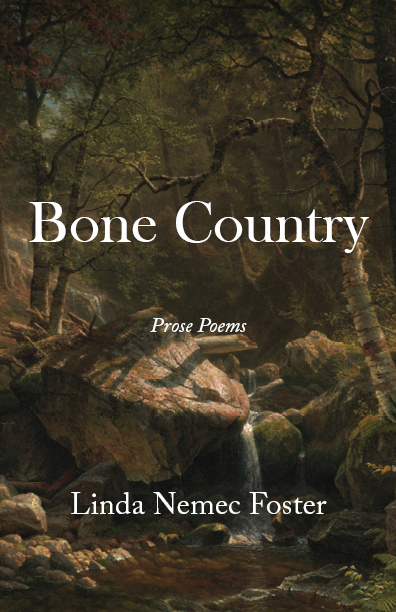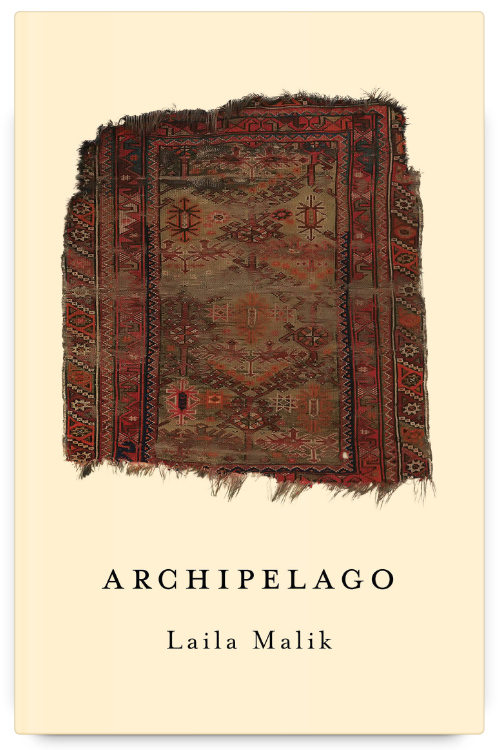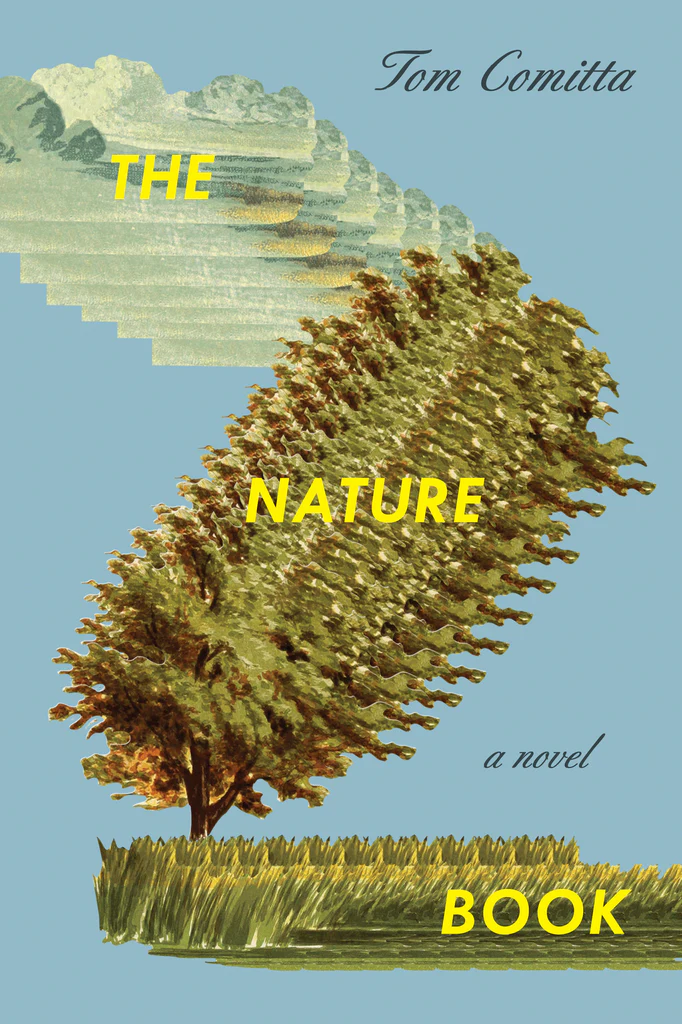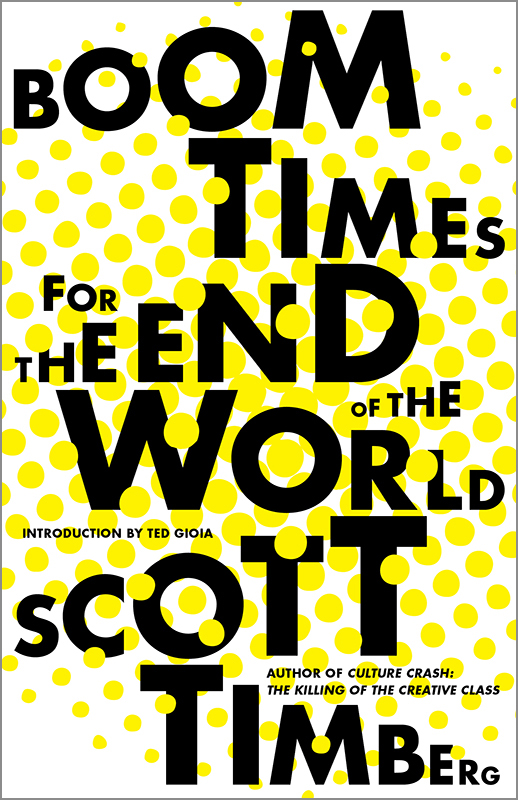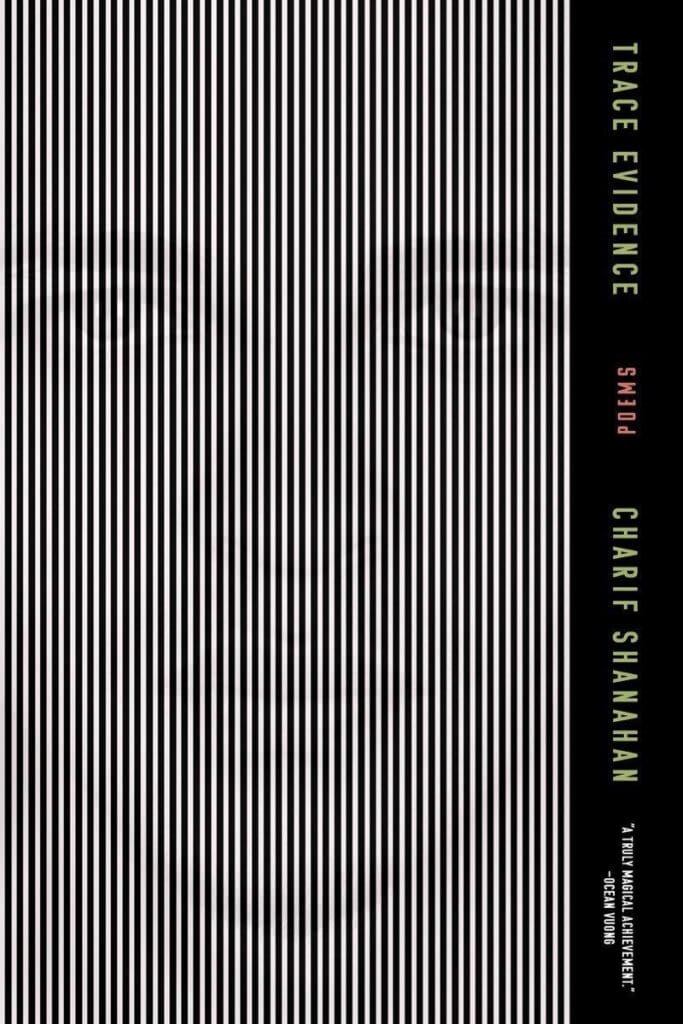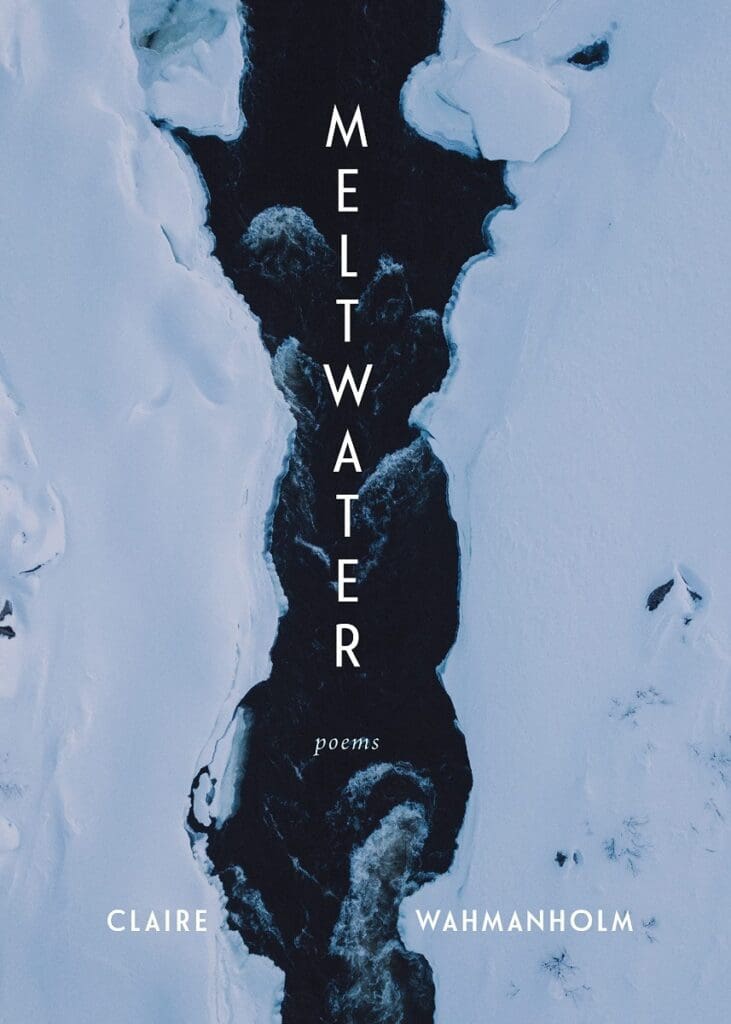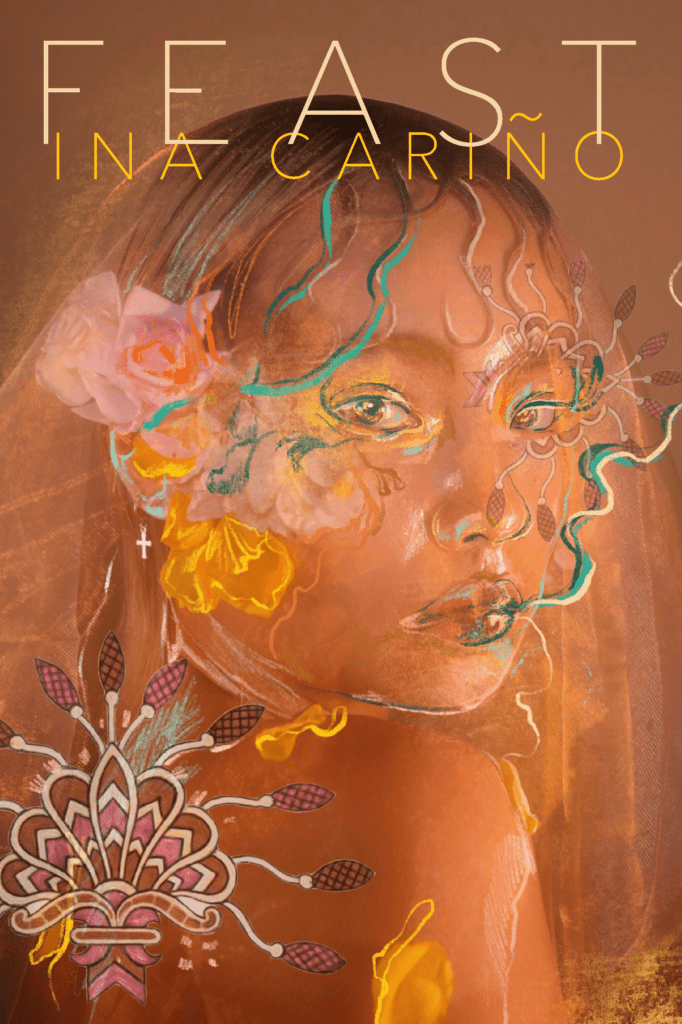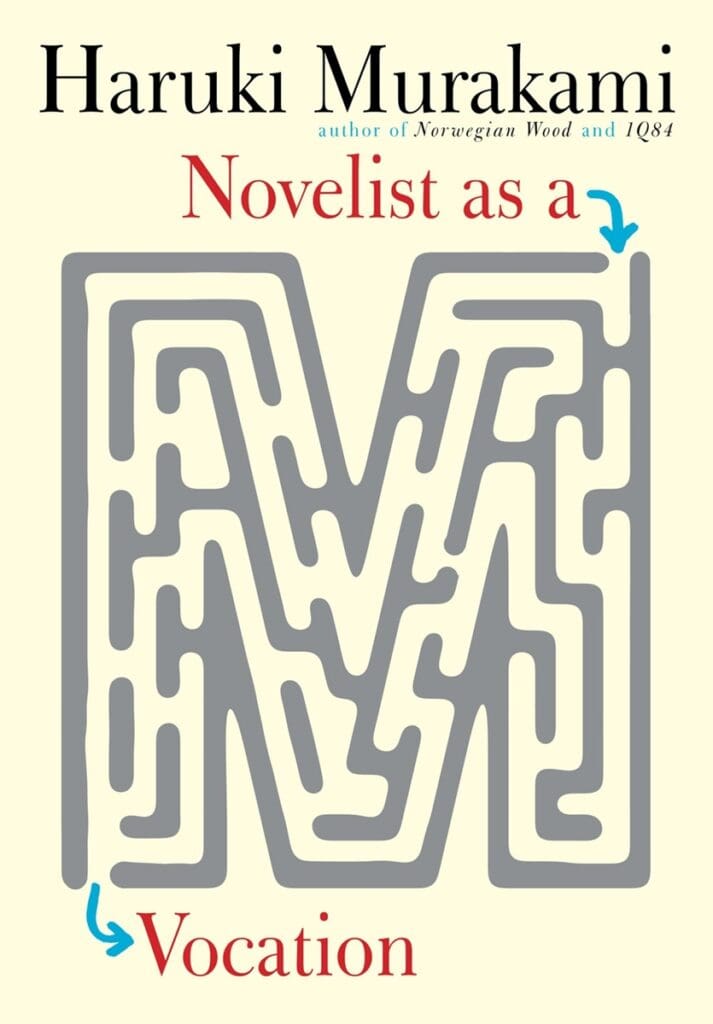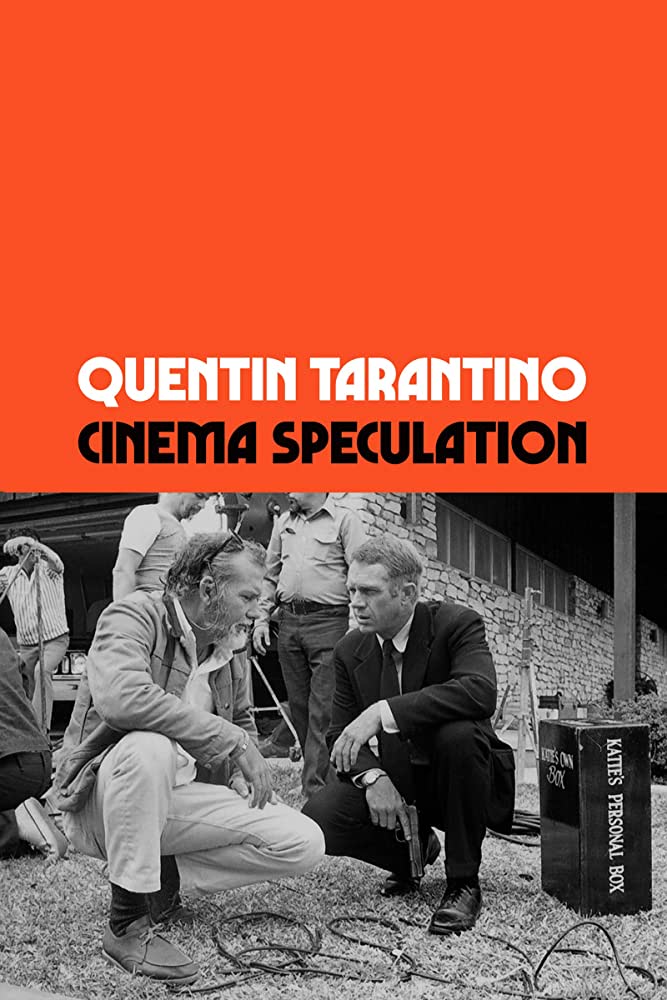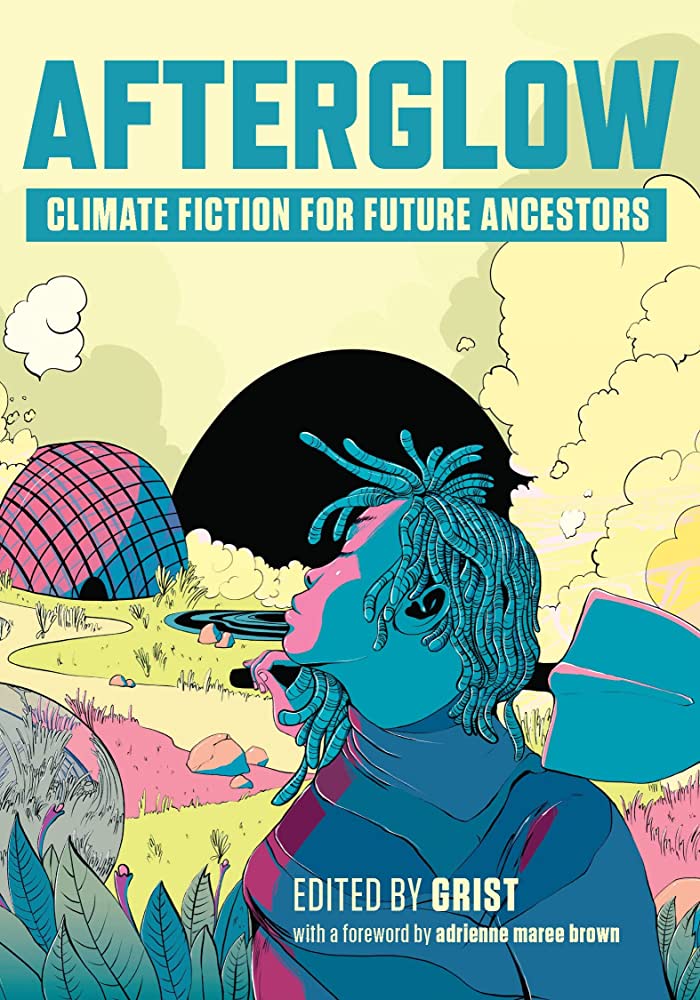In Bone Country (110 pages; Cornerstone Press), the thirteenth poetry collection by Linda Nemec Foster, each poem is a snapshot, presented in a fragmented style that emphasizes the intensity of each image. Despite this fragmentation, the collection is united by a quick rhythm that propels the reader. Every piece is imbued with an intense sense of place in Europe. Warsaw, Krakow, Bratislava, the Tatra Mountains, Now Sac, Rzeszow, Tarnow, and the Baltic Sea all make early appearances. Poland is the central focus, from the beauty of natural landscapes to the horrors of war and occupation. The collection explores the tension […]
Bearing Witness: ‘Bone Country,’ by Linda Nemec Foster
by Gus Berg
